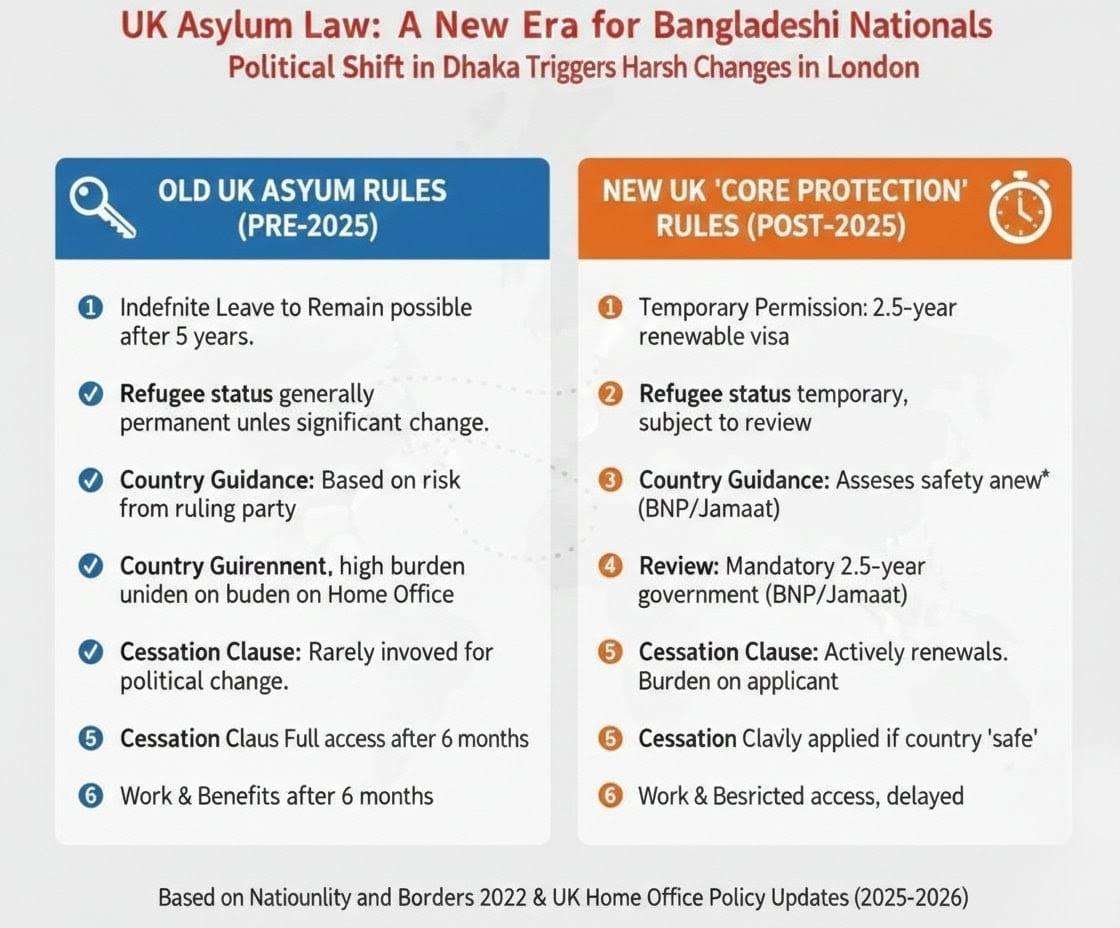A new survey reveals the unexpected high cost of maintaining close friendships, with men reporting they spend significantly more than women—an estimated £580 more per year on average. The research, commissioned by cashback provider Rakuten, sheds light on how financial commitments influence social lives, highlighting travel, celebrations, and gifts as the biggest drains on the wallet.
The survey of 2,000 people found that men estimate their annual spending on close friendships to be £2,994, substantially higher than the £2,414 reported by women. This gender gap in social spending comes even as separate research suggests women may utilize their social networks more for emotional support and connection. While men are spending more, the cost of simply keeping up is felt across the board.
The Major Financial Commitments to Friendship
The data points to a few major categories where the cost of friendship truly adds up:
Travel Costs: With distance often cited as a barrier to maintaining connections—44% of respondents noted this challenge—the average annual spend on travel to see friends stands at £586. Unsurprisingly, younger adults aged 25 to 34 are feeling this strain the most, spending an average of £79 per month on travel alone.
Celebrations and Hospitality: Birthday celebrations (£555 annually) and accompanying birthday gifts (£463 annually) are significant expenditures. Furthermore, the simple act of socialising over meals and drinks accounts for another average of £465 per year.
Is the Cost Worth It?
Despite the substantial financial outflow—with the total average cost of maintaining friendships exceeding £2,000 per year—a silver lining emerges. Nearly a third of all respondents (32%) firmly believe the money they spend on their friends is worthwhile. For a dedicated minority (12%), the value placed on friendship is even higher, stating they would prefer to see their friends even if it meant having to cut back on other areas of their personal finances.
Smart Strategies for Social Spending
In an environment where budgeting is key, people are actively looking for ways to socialise without breaking the bank. More than a third of people (36%) are actively choosing lower-cost activities like home dinners, group walks, or simple coffee catch-ups to balance out the more expensive outings.
Financial experts suggest a proactive approach to managing the 'friendship fund.' Bola Sol, a savings expert at Rakuten, recommends strategies like setting up a dedicated “friendship fund” to cover known costs like hen or stag parties, being upfront with friends about budget constraints, and leveraging group savings like booking group tickets or shared accommodation to reduce individual spending.
Ultimately, the findings offer a fresh perspective on the true price of social capital, revealing that while the emotional benefits of close friendships are invaluable, the financial investment is higher than many might assume, especially for men.







_1.jpg)
.svg)



